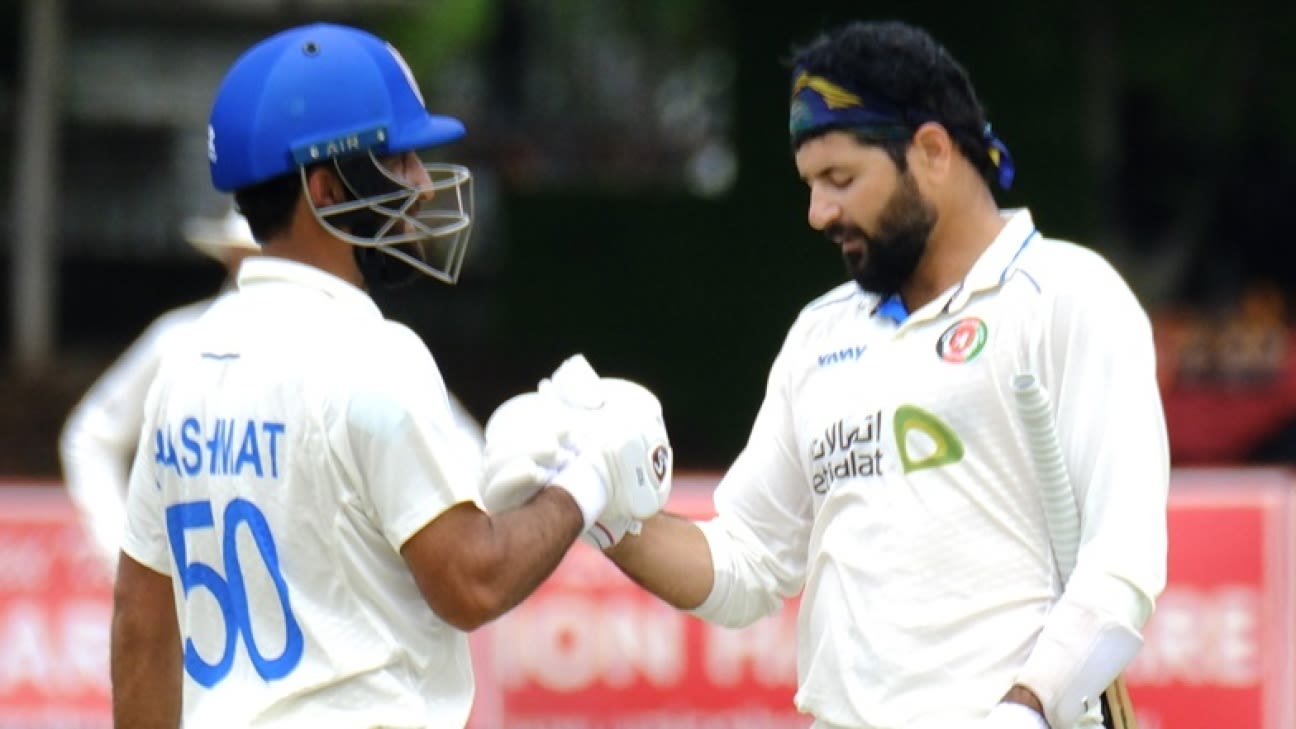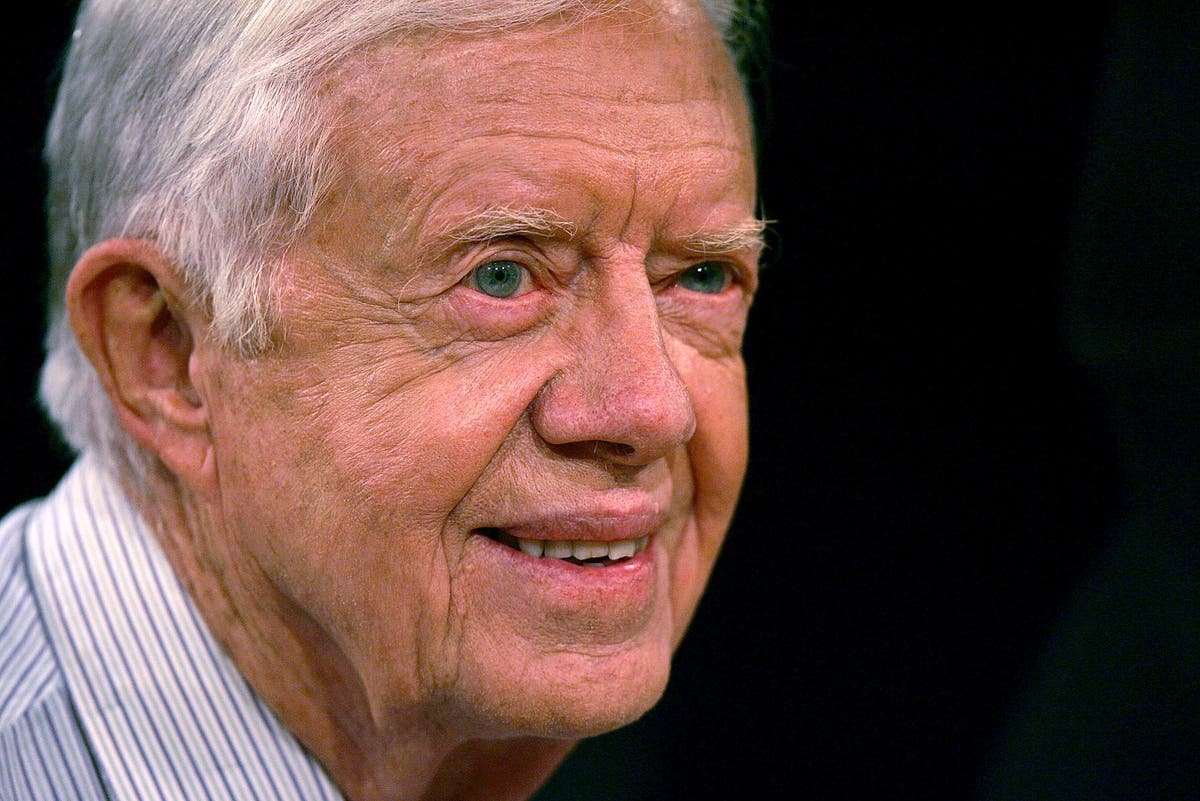The Bangladeshi capital witnessed Dhaka A mass gathering of supporters of the opposition National Party, where the party leader and former Prime Minister addressed them, Khaleda Ziavia video call for the first time in years, after her house arrest was lifted.
In his speech from exile in London, the acting leader of the National Party, Tariq Rahman, called for immediate elections and the handover of power.
In another development, the Nobel Peace Prize laureate announced, Mohammed Youniswho is tasked with leading an interim government in Bangladesh, said he was eager to take up his duties and lead a “democratic process” and hold elections soon.
Yunus arrives in Bangladesh on Thursday to take over as interim prime minister, who will be sworn in immediately, with the aim of leading a “democratic process” towards quick elections in a ceremony attended by about 100 people, army chief Gen. Waqaruzzaman said.
In a televised address to the nation, the military leader expressed confidence that Yunus would be able to lead a good democratic process.
Caretaker government
Yunus arrives in Bangladesh on Thursday to take over as interim prime minister, aiming to lead a “democratic process” towards swift elections.
This comes after violence that left more than 400 people dead and the ousted prime minister fleeing. Sheikh Hasina.
Protests continued after Hasina fled, with protesters storming parliament and burning her party offices, and attacking minority properties. The unrest began over the quota system for government jobs.
Younes’ return to his country came after he was acquitted of violating the labor law, a move his defenders considered political.
Yunus called on Bangladeshis to remain calm after violence that has left more than 400 people dead since early July.
Younis stressed the need to refrain from all forms of violence, praising the brave people and students.
Widespread protests
An appeals court acquitted Younis of the charge of violating the labor law, facilitating his return to his country.
The decision to form a transitional government headed by Younis was taken during a meeting between President Mohamed Shihab-Eldin, senior army officers, and leaders of the Students Against Discrimination group, which organized the demonstrations in early July.
The leader of the Students Against Discrimination movement, Nahid Islam, said that Younis will be given the title of senior advisor.
President Shahabuddin ordered the dissolution of parliament and the release of those arrested during the protests and political prisoners, while the new police chief, Mohammad Moinul Islam, apologized for the police’s behavior during the protests and pledged to conduct an impartial investigation into the killings.
After Hasina fled by helicopter to an unknown location, Bangladesh witnessed widespread protests that resulted in the storming of parliament, the burning of television stations, and the destruction of statues of Hasina’s father, Sheikh Mujibur Rahman.
The offices of Hasina’s party, the Awami League, were also burned and looted across the country, and some Hindu-owned businesses and homes were attacked.
India, the United States and the European Union have expressed concern over reports of attacks on religious, ethnic and other minority groups.
In the first international reaction to the unrest, Pakistan expressed solidarity with the people of Bangladesh in the hope of a “return to normalcy”.
The unrest began as a protest against the distribution of government jobs under a quota system, before escalating into demands for Hasina to step down.
Rights groups have accused Hasina’s government of misusing state institutions to consolidate her grip on power and eliminate dissent.
Khaleda Zia was released after years of house arrest, having been sentenced to 17 years in prison on corruption charges.






